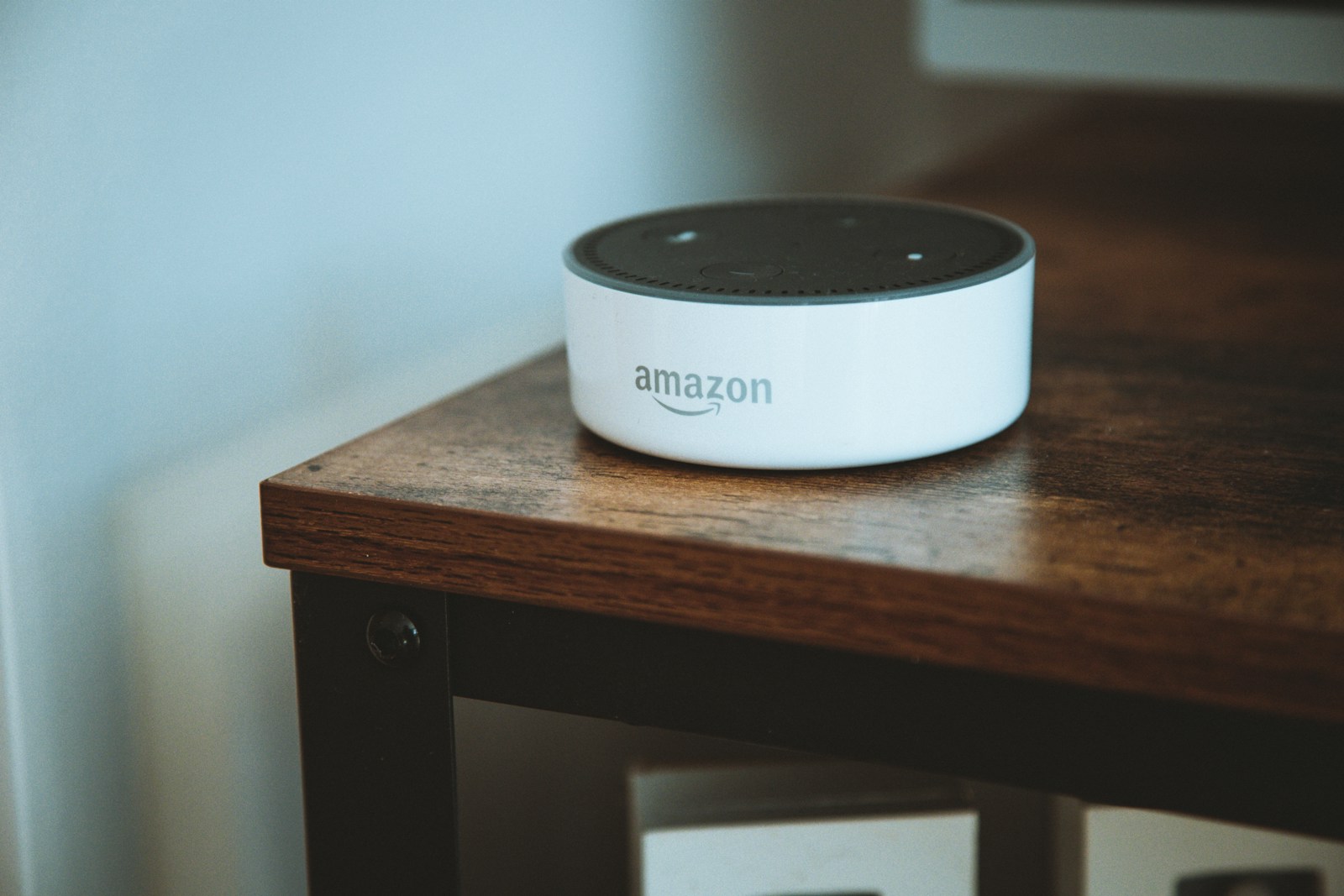Virtual assistants are no longer voice-controlled music players or calendars. Today’s Alexa, Siri, and AI chatbots have evolved into unexpected emotional partners for millions of people worldwide. Over half of American adults believe that people can have genuine emotional connections with artificial intelligence, according to research.
From late-night conversations with ChatGPT to everyday interactions with Alexa, the emotional support capabilities of these digital assistants are transforming the way we perceive technology’s role in mental health and human connection.
The Science Behind AI Emotional Bonds
Previous studies have established that digital emotional support has a profound impact on users’ satisfaction and persistence. Evidence suggests that, in four experiments, emotional support by a virtual assistant increases customer satisfaction and persistence in technology-mediated service use. The increase is achieved through perceived warmth, yielding actual psychological advantages.
Key points driving emotional connections:
- Over 53% of American adults affirm that people are able to make emotional connections with AI
- Individuals state that “AI chat can prove useful in assisting to guide and organize thoughts and feelings.”
- Constant availability offers reassurance during isolated or fearful moments
To others, AI is “a confidant attuned to their needs, an always-available friend who responds” empathetically. This shift from a utilitarian tool to a feeling companion is a revolutionary shift in human-technology relationships. The consistency and non-judgmental nature of AI responses provide safe havens for emotional expression that many can’t find elsewhere.
Read More: How Satellite Internet Is Changing Rural Life
From Productivity Tools to Digital Therapists
This transition from basic AI companions to digital emotional support systems is reflected in usage habits. A research study on Alexa usage found that customers primarily used it for weather, music, and device control, but closer inspection reveals that more personal uses are developing in the long term.
The shift from assistant to “artificial partner” accelerated, with AI-powered companion apps experiencing rapid growth between 2022 and 2024, including Character.ai, EVA AI, and Anima, which offer adjustable personalities and memory capabilities. Individuals feel “seen” and appreciated while interacting, even knowing the responses are generated by computers.
This evolution reflects deeper social needs for interaction and mental wellness care, especially with traditional therapy still expensive and out of reach for most. Mental health capabilities in virtual assistants complete critical gaps in emotional wellness services. Research shows that conversational AI has the potential to efficiently treat mental diseases, allowing more groups of people to access care than individual one-to-one therapy, with faster response rates and lower fees.
Read More: Inside the Push for Ethical AI in the Workplace
Conclusion
Digital assistants’ emotional support is a technological and mental health treatment paradigm shift. While concerns of over-dependence are legitimate, the immediacy of utility for lonely people is irrefutable. The future with AI and beyond hinges on equilibrium—utilizing these vehicles for emotional well-being while maintaining genuine human connections.
Whether talking to Alexa, Siri, or ChatGPT, remember that seeking connection is a natural and healthy process. If you are experiencing mental illness, attempt starting with the assistance of AI alongside pursuing professional therapeutic methods for your betterment.
Read More: The Future of Charging: Goodbye Cables?




